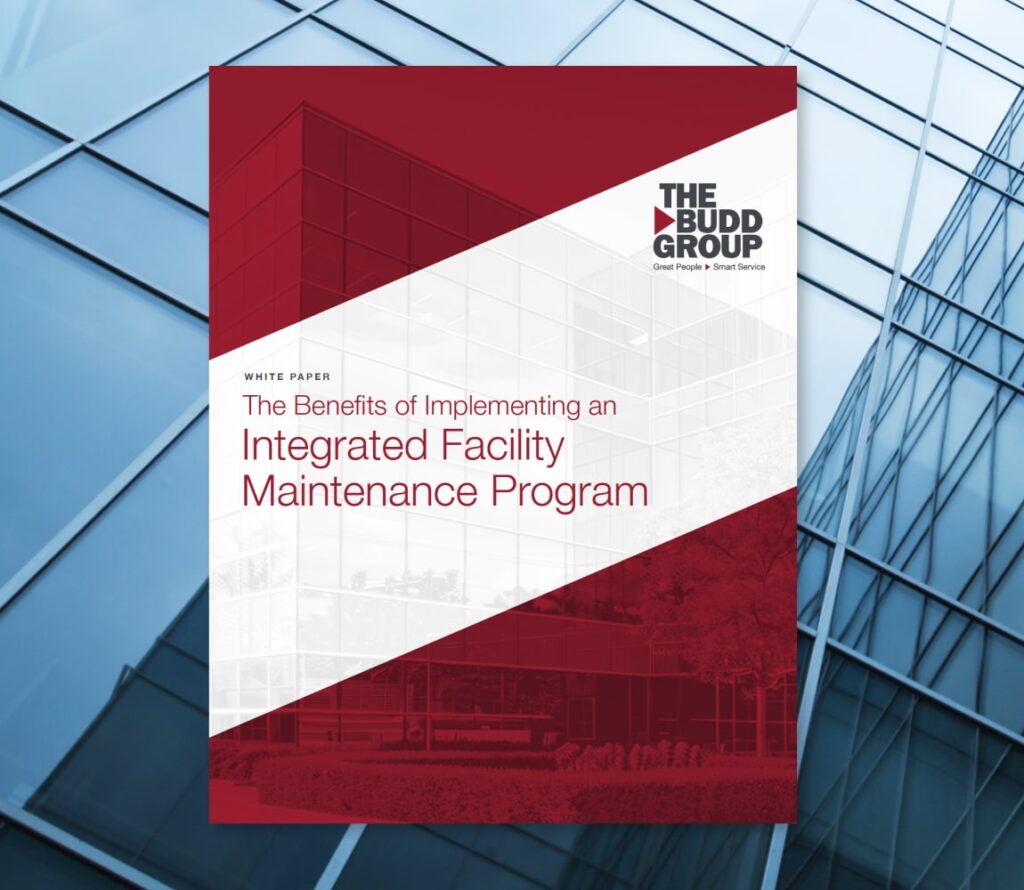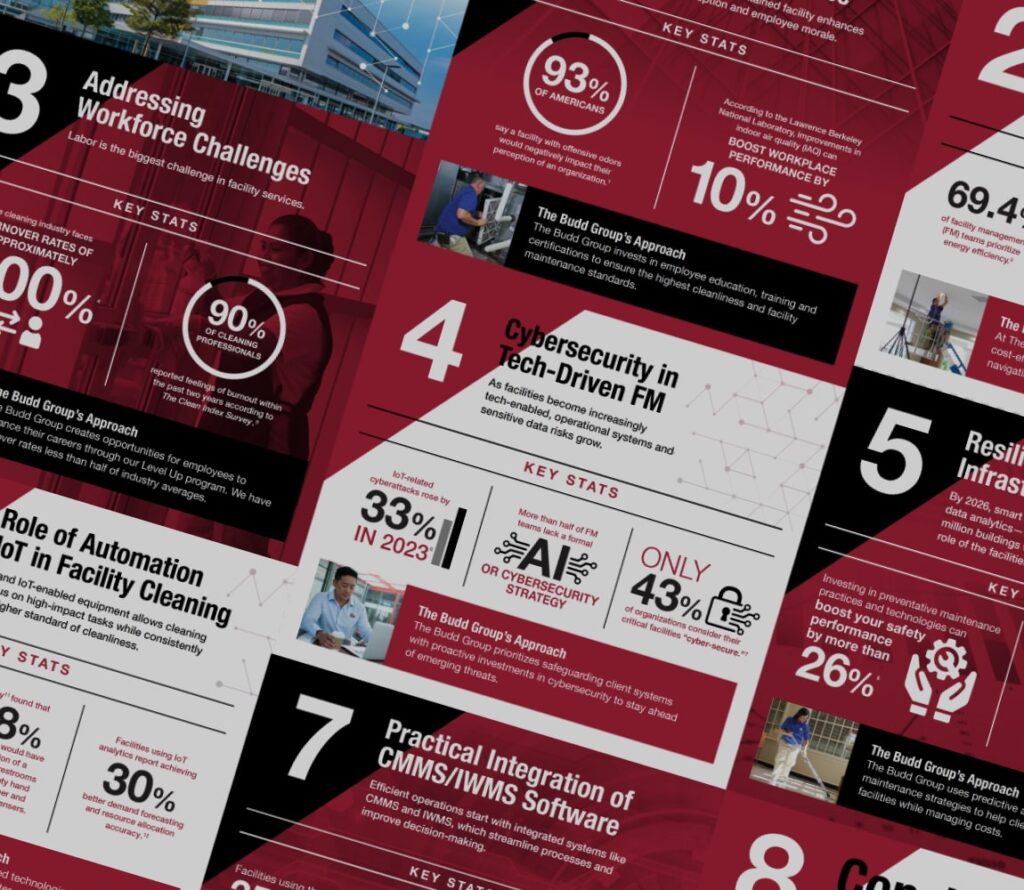As more and more businesses reopen in the midst of the current COVID-19/SARS-CoV-2 pandemic, they must all make a concerted effort to maximize the health and safety of their employees, patrons, and visitors and minimize the potential spread of infection. Because this virus is new to humans, medical researchers are still in the early stages of understanding how it transmits from one person to another, and which factors increase or decrease the likelihood of transmission.
As of now, the main source of spread appears to be via close contact with an infected individual’s respiratory droplets released by coughing, sneezing, singing, shouting, etc. Knowing this, it might follow that interior heating, ventilation, and air condition (HVAC) systems could play a role in spreading COVID-19 throughout a facility.
Unfortunately, there hasn’t been enough research done on the relationship between HVAC systems and COVID-19 transmission to confirm nor deny these claims. That said, all facilities should continue following best practices when it comes to HVAC maintenance, as doing so improves the overall air quality inside a facility, promoting the health and safety of everyone inside. And, as an added bonus, these actions might indeed mitigate the spread of infection within your workplace. With that in mind, here are some HVAC-related actions you can take to prevent the possible chance of COVID-19, influenza, and respiratory syncytial virus (RSV) transmission in your facility.
Increase Airflow Overall
Every facility is different and has unique requirements when it comes to temperature, humidity, and external airflow. If your business has windows and can withstand incoming fresh air, it’s important to allow this natural airflow as often as possible. Doing so will prevent stale air from circulating inside your facility, which may contain infected respiratory droplets. Opening windows to increase airflow is also necessary following any disinfection misting services. Of course, the summer heat, coupled with security protocols, might prevent you from keeping your windows open all the time — but even a little fresh air can help.
Facilities that do not or cannot feature windows and direct fresh air can still increase ventilation by allowing more outside air into the HVAC system itself. This will likely dilute the virus if it is present in the air.
Change Filters Regularly
The rate at which filters should be cleaned and/or changed varies depending on the HVAC system in question, but this action must be taken to ensure that the air coming into the facility is free from harmful particles. That said, even the best HVAC filters cannot keep all microbes out, and it’s possible that the COVID-19 virus could live up to a few days on a filter. As such, those tasked with cleaning or changing HVAC filters during this pandemic should wear proper PPE (i.e. mask, gloves, eye protection, etc.) when performing these tasks.
Manage Humidity Levels
HVAC systems aren’t only designed to control internal temperature — they are also meant to manage humidity levels. And as it turns out, humidity management might also play a role in mitigating the spread of infection. More specifically, experts recommend maintaining a humidity level between 40-80% internally. The two schools of thought regarding this range of humidity and COVID-19 transmission are:
1) This range is not optimal for the virus to remain airborne
2) This is the best range for human immune functioning
These are only hypotheses, of course. Still, maintaining a comfortable and optimal interior humidity level seems to be beneficial in general.
Breathe Easier in Your Facility
While the evidence regarding HVAC systems and COVID-19 transmission remains inconclusive, taking care of your interior airflow is important regardless. In addition to proper HVAC maintenance, though, when it comes to keeping infection at bay in your workplace, you must also redouble your efforts regarding cleaning, disinfection, social/physical distancing, PPE, and more. On all these accounts, The Budd Group can help. We can provide your facility with a coronavirus deep clean prior to reopening, staff your facility with cleaning and disinfection services, provide periodic misting disinfectant services, deliver professional HVAC maintenance and repair programs, and more.
For more information regarding COVID-19 and recommendations for environmental cleaning and disinfection from the CDC, click here.

